A network of health security agencies has been established in Europe and Central Asia to bolster the region's preparedness to meet future disease threats.
The Pan-European Network for Disease Control (NDC) was launched on April 22 by the World Health Organization (WHO) regional office for Europe with the ambition to proactively identify and mitigate potential risks before they escalate into regional or global threats.
The NDC will be hosted by the UK Health Security Agency (UKHSA) under the interim chairmanship of its chief executive Dame Jenny Harries.
The network's genesis stems from the COVID-19 pandemic and an acknowledgement that Europe, in common with the rest of the world, was ill-prepared to meet its challenges. Among the weaknesses identified by Hans Henri P. Kluge, MD, WHO regional director for Europe, were "hasty reactions not informed by science," vaccine hoarding, and inadequate sharing of health data.
Threats to Health Do Not Recognize Borders
"Health threats do not stop at national borders," said Pierre Nabeth, MD, head of WHO's European Centre for Preparedness for Humanitarian and Health Emergencies, based in Istanbul, speaking to Medscape Medical News. "As the pandemic and other crises have demonstrated clearly, the only way forward is to work together through mutual agreements and multilateral solutions."
 Pierre Nabeth, MD
Pierre Nabeth, MDEstablishment of the NDC grew out of the findings of the Pan-European Commission on Health and Sustainable Development reported in September 2021. Under the chairmanship of former Italian Prime Minister Mario Monti, the independent group of experts made recommendations on investments and reforms to improve the resilience of health and social care systems. "Having reviewed the landscape, the commission agreed that to help catch any future outbreaks with pandemic potential and to respond to health threats in a coordinated manner, a new network for disease control was needed," said Nabeth.
Network of 17 Countries
The NDC's remit is a daunting one, not least because it aims to cover a vast region. Incorporating both European Union (EU) and non-EU countries, it will bring together multilateral bodies in a swathe of 53 countries stretching across Europe and central Asia. At the time of its launch, the NDC consists of 17 countries, some represented by more than one national institution. Countries that are signed up are Croatia, Estonia, France, Georgia, Germany, Greece, Italy, Kazakhstan, Moldova, Montenegro, Netherlands, Serbia, Slovenia, Spain, Turkey, United Kingdom, and Uzbekistan. The NDC also includes 10 regional or multilateral public health bodies as members.
WHO's regional office for Europe set out the NDC's strategy. These are to:
- Play a vital role in keeping people safe — facilitating collaboration and knowledge-sharing between nations, public health agencies, academia, and civil society.
- Promote common standards to help facilitate a unified approach to disease management across Europe and Central Asia.
- Leverage the existing networks convened through WHO/Europe and the European Centre for Disease Prevention and Control to create opportunities for technical collaboration and research.
- Promote the development of innovative approaches, facilitate sharing of case studies, technical expertise, best practices, and resources.
- Improve interdisciplinary coordination among animal, human, and environmental sectors at national, regional, and global level, taking a One Health approach to disease control.
An 'All-Hazards' Approach
"The NDC's ultimate priority will be to prevent disease outbreaks from spreading in the first place, by responding in a coordinated manner, across borders and jurisdictions," said Nabeth. "COVID-19 was a wake-up call, but it's certainly not the only health threat we are facing. From antimicrobial resistance to climate change and emerging zoonotic diseases, health threats can come from anywhere at any time." The NDC would take an "all-hazards" approach to public health and emergency preparedness, he emphasized.
For Harries, who served as a senior medical advisor to the UK government during the pandemic, chairmanship of the network's steering group underlines the commitment of the UKHSA in prioritizing cooperation and collaboration across international borders. "We have developed partnerships with governmental, academic, and private sector organizations all across the globe to share data, expertise, and insights; build and enhance capability; and cooperate in research to better enable the world to respond effectively to the health threats we face," she said in a press release.
Nabeth said the main priorities that the newly established network would focus on in its first few months will be to improve the region's coordinated emergency response, collaborative approach to disease surveillance, and equitable access to medical treatments.
"Countries must be open to collaboration, transparency, and inclusivity, recognizing the value of multisectoral partnerships in advancing public health goals," he said. "Health has the power to unite us. Countries must take an all-of-humanity approach to pandemic preparedness because as we know too well, infectious diseases know no borders. We owe it to future generations to learn the lessons from the COVID-19 pandemic and build the global health architecture that doesn't leave anyone behind."
Pierre Nabeth declared no conflicts of interest.

.webp) 1 week ago
7
1 week ago
7
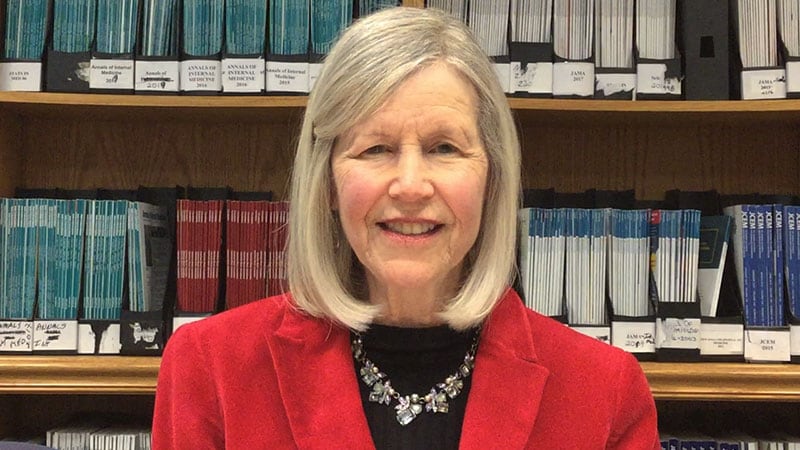
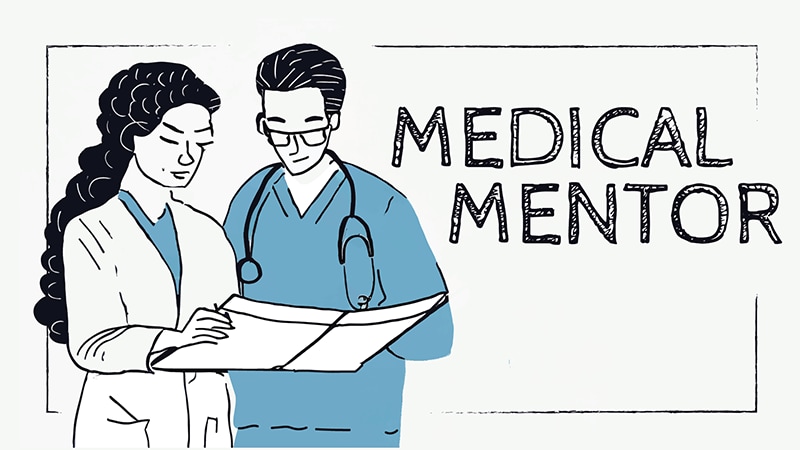


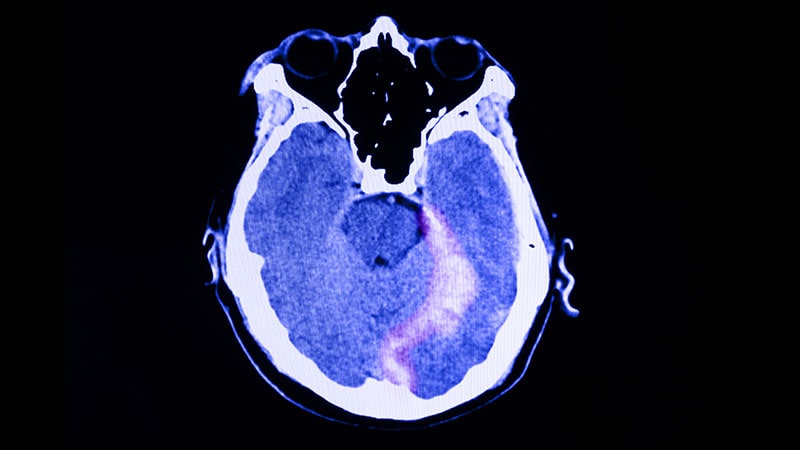
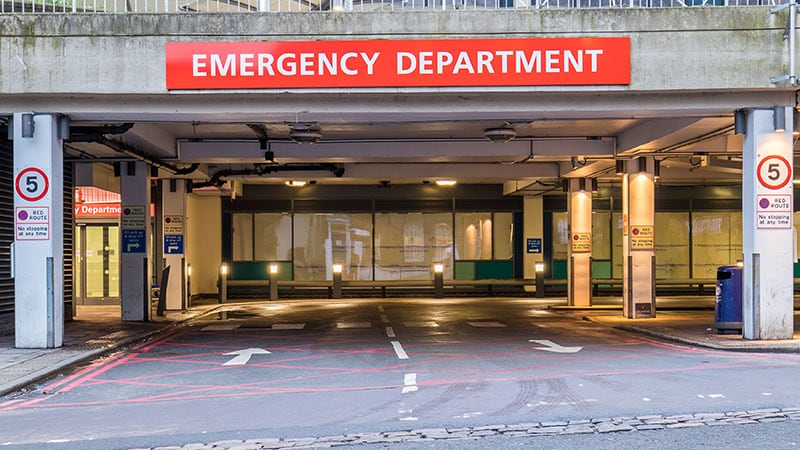


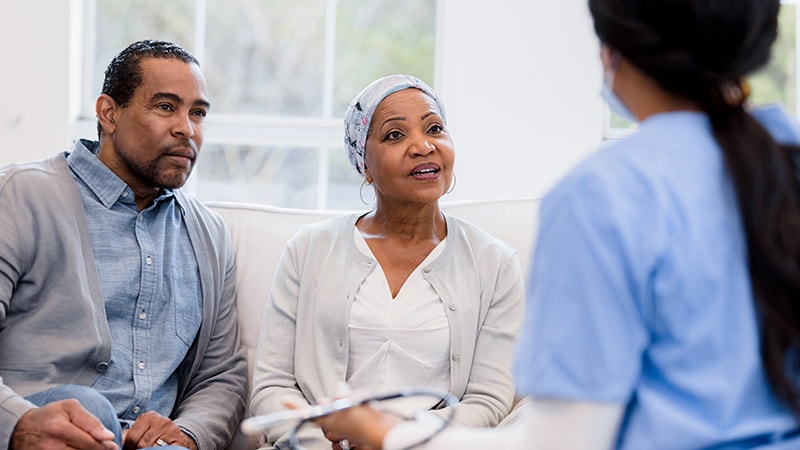


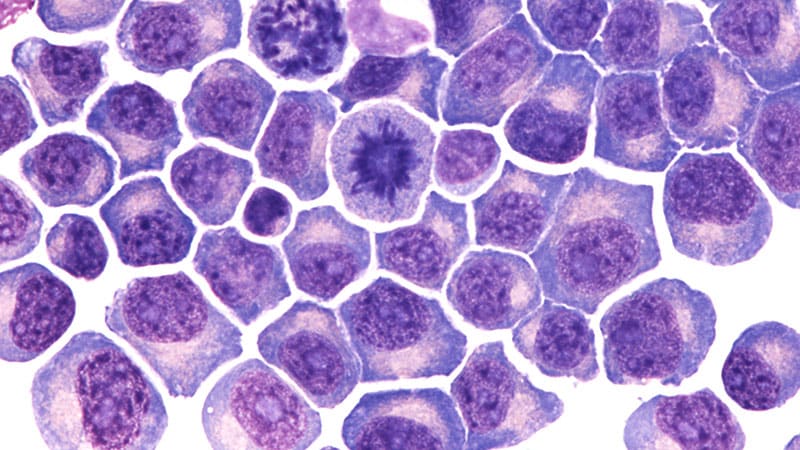
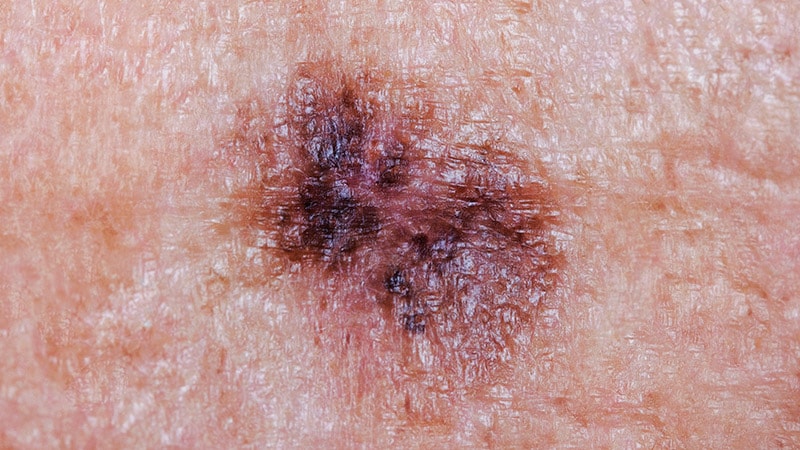














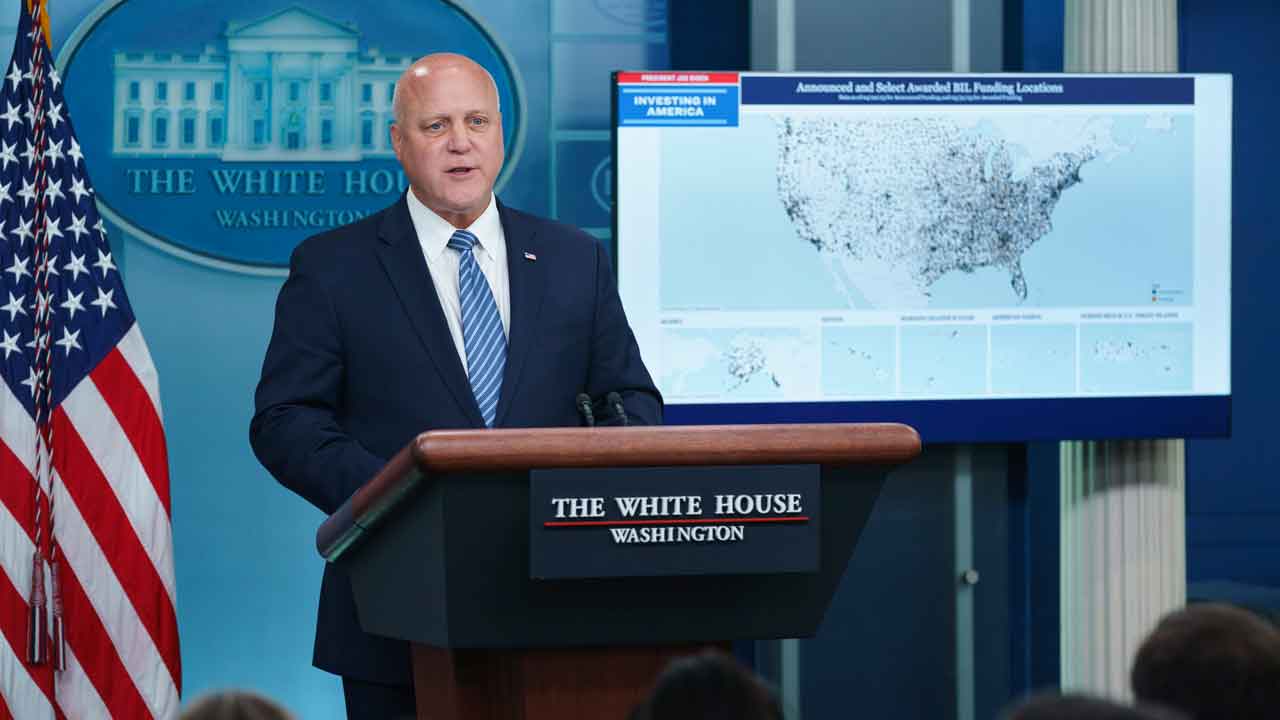
 English (US)
English (US)